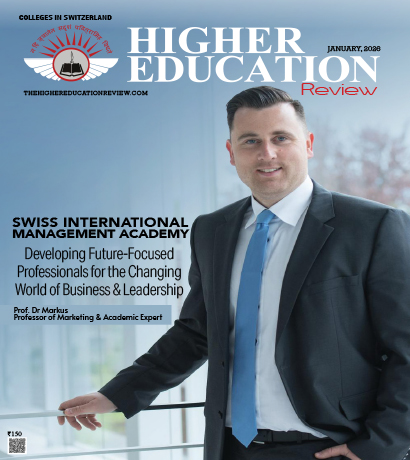Russia Plans Scholarships for 500,000 African Students

- Russia aims to host 500,000 international students, boosting African participation.
- 220 Nigerian students receive full scholarships for the 2025 academic year.
- Education ties support joint economic projects in energy and metallurgy.
Russia has announced plans to rapidly expand its education-focused engagement with Nigeria and other African countries, and its long term objectives envision hosting 500,000 international students in Russian universities. This was disclosed by the Russian Ambassador to Nigeria, Andrey Podelyshev, during a press briefing held in Abuja on Monday.
Ambassador Podelyshev said Russian President Vladimir Putin is focused on increasing the number of foreign students studying in the Russian higher education system. This plan is part of President Putin's diplomatic and developmental initiative. Currently, Russia hosts around 32,000 students from Africa, including approximately 2,000 from Nigeria - a figure the Russian government aims to substantially increase.
“In line with the president’s objective, the quota will grow every year,” Podelyshev stated. “For 2025, 220 Nigerian students have already been awarded scholarships to study in Russia.”
The ambassador affirmed that the scholarships were confirmed in 2024 and funding the 2025 academic session. Podelyshev indicated that they are well into planning for the students to arrive by September.
As for the new national policy in Nigeria that suspended students on government-funded transport and accommodation for students studying abroad, Podelyshev said that Russia has launched new grants and will offer full packages for qualified students.
The full package will cover tuition, living costs, and travel expenses for qualified students selected under the scholarship scheme.
Also Read: Rhodes Scholarship 2026 Open for Indian Students at Oxford
Podelyshev also mentioned that Russia's outlook is beyond the scholarships. He regarded education as a strategy in promoting long-term relationships with Nigeria in specific areas like energy, metallurgy, and industrial development.
“For example, if Russia is involved in rebuilding a metallurgical plant in Ajaokuta or establishing nuclear plants, we will need Nigerian professionals trained in Russia to implement these projects,” he said.
To ensure that such education has practical outcomes of benefit to both countries, Podelyshev stressed the need to combine educational training and bilateral economic projects. He highlighted the role of the Intergovernmental Commission on Economic, Scientific, and Technical Cooperation as a mechanism for linkages between education and joint development purposes.
With regard to concerns of brain drain - where skilled professionals study abroad and do not return - Podelyshev suggested utilizing project-based training models to assist Nigerian students with the purpose of returning.
“If students know they are being trained for specific national projects that require their expertise upon return, they will have stronger incentives to come back,” he argued.

